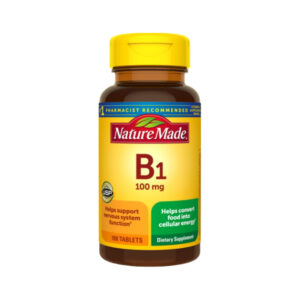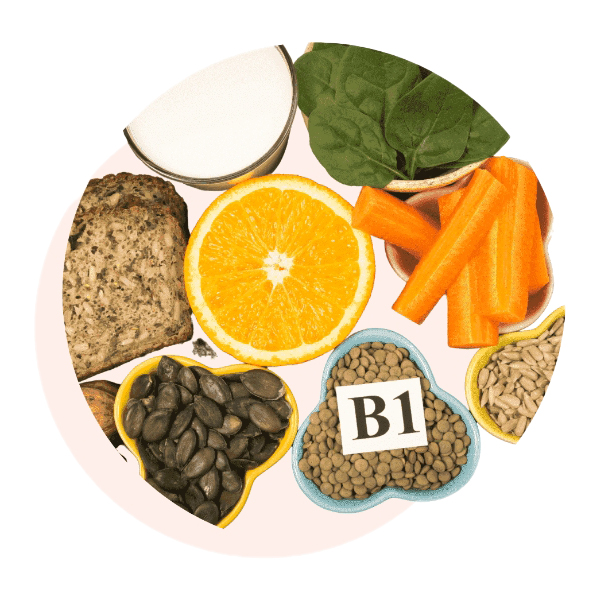Vitamin B1
-Plant extracts
Product information

Product Name: vitamin B1
English Name: Thiamine hydrochloride
Synonyms:Vitamin B1 hydrochloride; Aneurine
hydrochloride
Molecular Formula:C12H17ClN4OS.HCl
Molecular Weight:337.27
CAS.NO: 67-03-8
EINECS: 200-641-8
Melting point: 246-254 oC
Water solubility:1 g/mL
Detailed Description
Thiamin may enhance circulation, helps with blood formation and the metabolism of carbohydrates. It is also required for the health of the nervous system and is used in the biosynthesis of a number of cell constituents, including the neurotransmitter acetylcholine and gamma-aminobutyric acid (GABA). It is used in the manufacture of hydrochloric acid, and therefore plays a part in digestion.
Functions
Thiamin may enhance circulation, helps with blood formation and the metabolism of carbohydrates. It is
also required for the health of the nervous system and is used in the biosynthesis of a number of cell
constituents, including the neurotransmitter acetylcholine and gamma-aminobutyric acid (GABA). It is
used in the manufacture of hydrochloric acid, and therefore plays a part in digestion.
It is also great for the brain and may help with depression and assist with memory and learning. In
children it is required for growth and has shown some indication to assist in arthritis, cataracts as well as
infertility.
Applications
The dosage underneath is the Recommended Dietary Allowance (RDA), but be aware that this dosage is the minimum that you require per day, to ward off serious deficiency of this particular nutrient. In the
therapeutic use of this nutrient, the dosage is usually increased considerably, but the toxicity level must be kept in mind.
Male 1.4 mg per day and female 1.0 mg per day, although 50 mg is usually used in supplementation.


